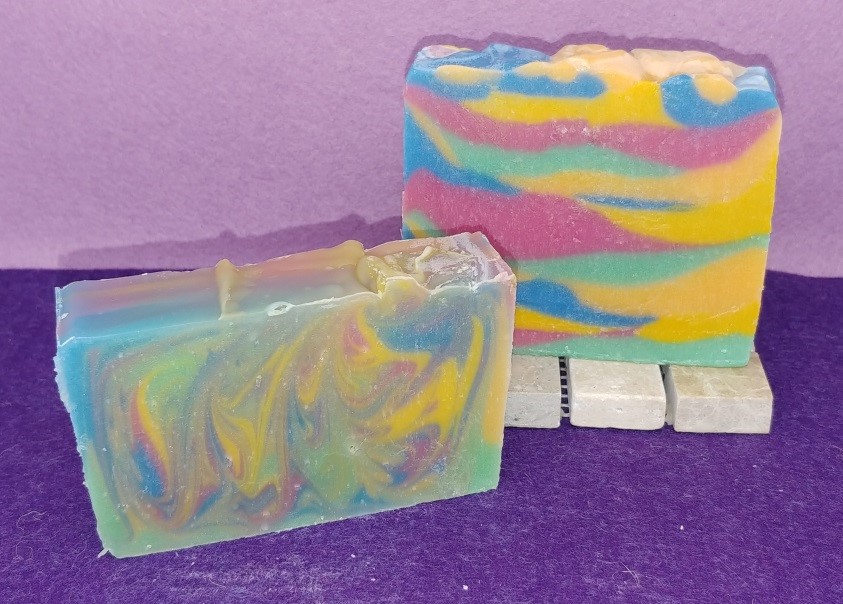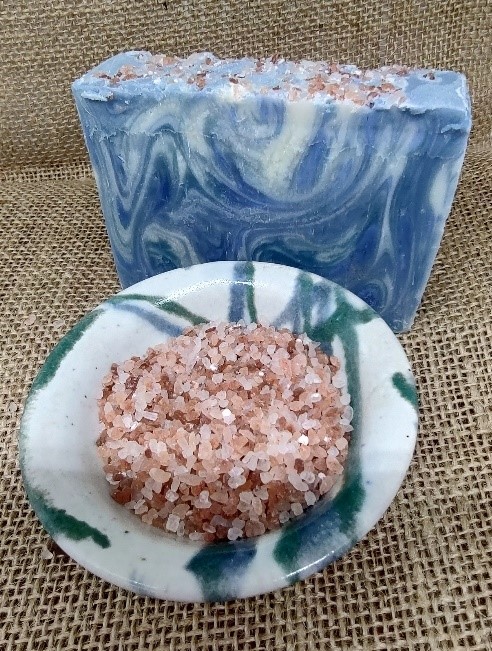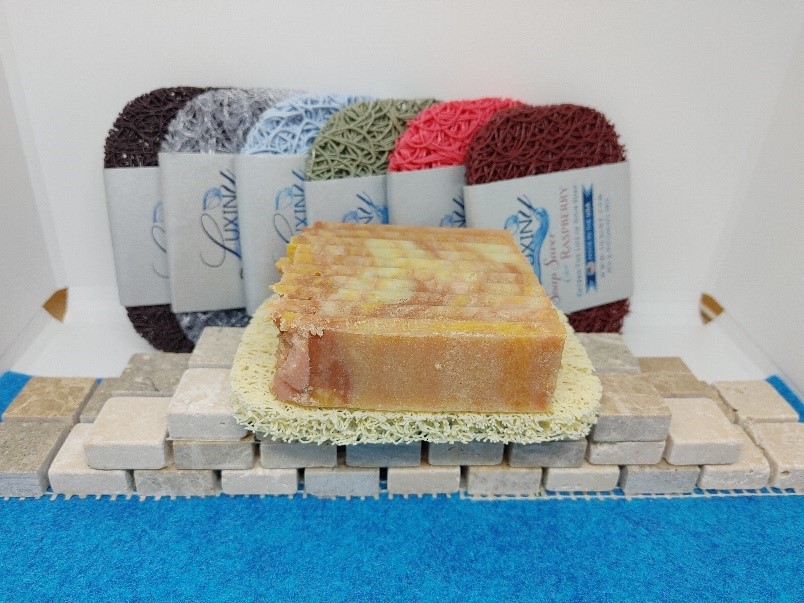I prefer to think of the glass as “half full” rather than “half empty”. During this time of fear and anxiety in our country, in this blog post I would like to offer some positive thoughts.
I remember the ice storm of December 2004. I had a college student and high school student who were home for the holidays and expecting to spend some time with friends. Then the ice storm hit. My heart was warmed as a mother, because my children were “stuck” at home. We spent the entire week in our living room in front of the fireplace, because we had no heat or power. We camped on the floor in sleeping bags, wrapped in blankets during the day, and cooked our Christmas French Toast breakfast on the Coleman camp stove. We played games, read books, and spent the entire week together, something we would not have done if there had been no storm.
The current pandemic has us again “stuck” at home. People are losing work, and finances are a concern. These are legitimate reasons to be in fear, but since many of these things are currently out of our control, it may help to focus on the things we do have some measure of control over. To think of the glass as “half full”, families again have the opportunity to alter the way they interact and relate to one another. It is my hope that this current situation will result in the following for families:
- More dinners spent at home as a family, without cell phones and distractions
- Family game and movie nights together
- Improved emphasis on saving any amount of money, even if it means giving up some guilty pleasures
- Less running our children all over to scheduled activities, and more emphasis on creative play at home
Now, I want to briefly touch on the COVID-19 virus. In case you are not aware, COVID-19 is called a “jacketed” virus. This means it has a protective fat covering allowing it to attach to your skin, making it more likely you will get sick. The “jacket” is broken down and the virus killed by using hand sanitizer with at least 60% alcohol (CDC guidelines), or by using soap. Soap is made by a chemical reaction between oils and sodium hydroxide, or lye. The oils in soap break down the “jacket” on the virus, so you can remove it from your skin. Also, soap makes your skin slippery, which allows you to rinse and wipe the germs off your skin more easily. But, using so much soap and hand sanitizer can really dry your skin. Now, more than ever, using handmade soap will benefit your skin. Most store soaps are made from less expensive oils and have added detergents to improve lather and decrease the cost of making the soap. They also do not leave as many oils on your skin, making them less “slippery”, and more dry. Handmade soaps use more skin nurturing oils and have no detergents or artificial ingredients. They make your skin more “slippery” so you can remove the germs, and they leave more moisture in your skin after washing. When you are washing your hands many more times per day, your hands will thank you for using handmade soap.
One more note – if you have extra dry skin, or have to use industrial grade soaps at work, your skin may still be dry. Water based lotions will work temporarily, but oil based skin balms or lotion bars will more effectively restore moisture to your skin. Use them on your hands at bedtime, and you will find your skin feels much better in the morning.
So, stay home, read a book, exercise, and get enough rest. And, wash your hands frequently with handmade soap. All of these things will nurture your mind, body, and your skin! And, hopefully, you will keep some of these healthy habits after the quarantine is over!



